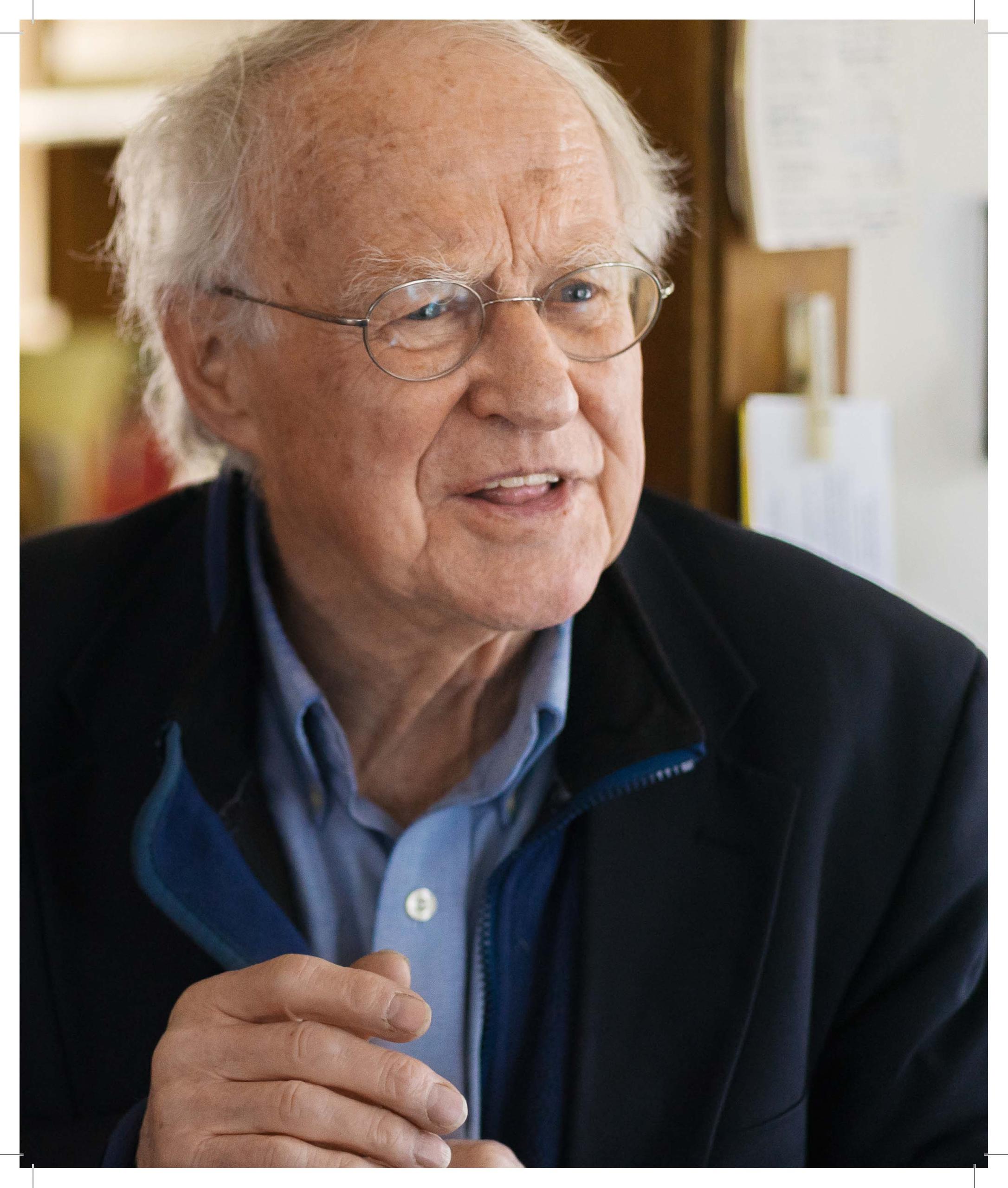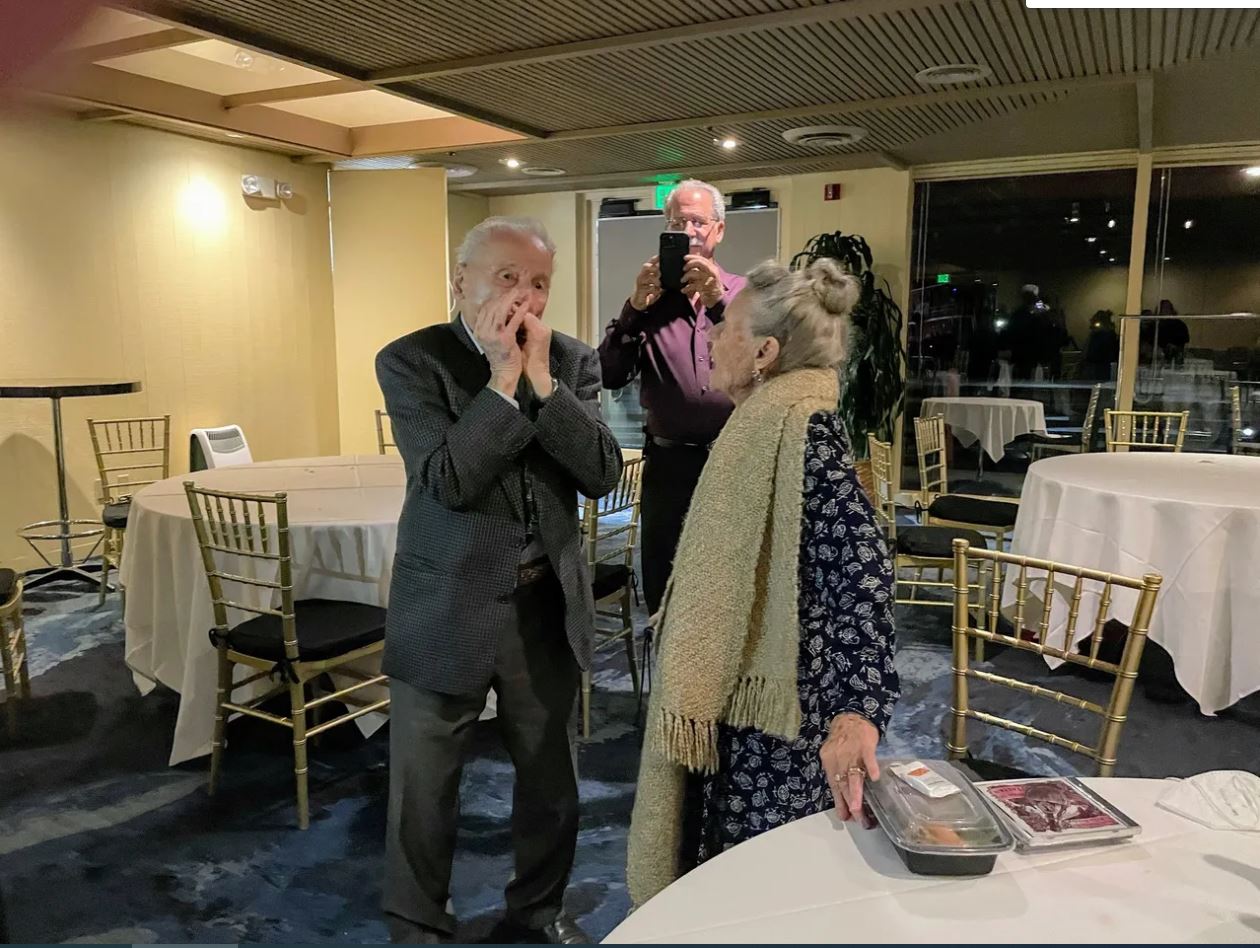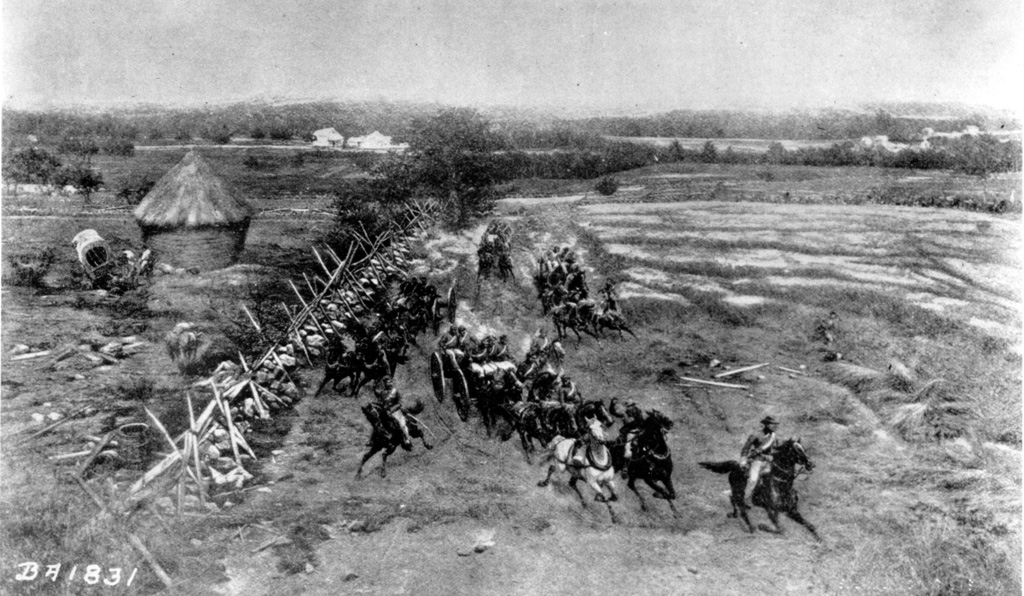
Leo Schelbert, historian of Swiss emigration, dies aged 93

Leo Schelbert, historian and professor emeritus at the University of Illinois Chicago, died at the end of March in Evanston, Illinois, at the age of 93.
Born the fourth of 11 children in 1929 in Kaltbrunn, canton St Gallen, Schelbert received his doctorate at Columbia University, New York, in 1966. He was a professor of history at the University of Illinois Chicago from 1971 to 2003.
His ceaseless and wide-ranging research into the history of Swiss emigration worldwide inspired the notion that Switzerland should seriously consider establishing a Fifth Switzerland, with its more than 800,000 members, as a kind of 27th canton.

Although Schelbert taught and lived in the United States for more than half his life, he never became a citizen of the United States.
Devoted to the broad field of Swiss emigration history, he pursued an unconventional path in the course of his research, seeking out the voices of ordinary citizens in personal testimonies, letters, diaries and travel reports. He did not start with a theory and seek to prove it but, with his inimitable, open-minded spirit, sought to take inspiration from the individual and the particular to arrive at possible but never dogmatic theories. He gave unstintingly of his time as an indispensable mentor to countless students of history.
Ahead of his time
Leo Schelbert was an innovative historian who always worked from multiple perspectives. His pioneering achievements long preceded the postcolonial research that has gradually acquired traction in Switzerland over the past ten years. Half a century ago he was already doing research into the profitable involvement of the Swiss abroad in colonial systems all over the world – in missions, in trade or in soldiering.
He also showed a profound interest in the destiny and world views of indigenous nations, recognising that the construction of the New World in the US by settlers from Europe was inevitably intertwined with the destruction of the indigenous people, so often excluded from the memory and historiography of the dominant society.
For many years, Schelbert was the president of the Swiss American Historical Society (SAHS), editor both of the SAHS review and of the extensive SAHS book series, thus contributing significantly to the mutual understanding between two different and yet related cultures.
In 2006 he was named “Swiss Abroad of the Year” by the centre-right Radical Party (now the Radical-Liberals), and in 2015 his former students at the University of Illinois history department honoured him with a Festschrift.

More
Emigration expert scoops expat prize
Wide audience
Schelbert published widely, always aiming to reach not only academia but the public at large.
His numerous publications include America Experienced: Eighteenth and Nineteenth Century Accounts of Swiss Immigrants to the United States, 1996; Emigrant Paths: Encounters with 20th-Century Swiss Americans (co-authored with Susann Bosshard-Kälin), 2013; and Historical Dictionary of Switzerland, 2014. He also translated from German to English Manuel Menrath’s Mission Sitting Bull: The Cultural Conquest of the Sioux and Their Varied Response, 2017, and shortly before he died, F. David Peat’s Blackfoot Physik. Vom Westlichen und Nordindianischen Weltverständnis (Blackfoot Physics. From the Western and North Indian understanding of the world), which is unpublished.
He is survived by his wife and four children with families in the United States and by a brother in Switzerland.
Translated from German by Catherine Schelbert

In compliance with the JTI standards
More: SWI swissinfo.ch certified by the Journalism Trust Initiative



































You can find an overview of ongoing debates with our journalists here . Please join us!
If you want to start a conversation about a topic raised in this article or want to report factual errors, email us at english@swissinfo.ch.